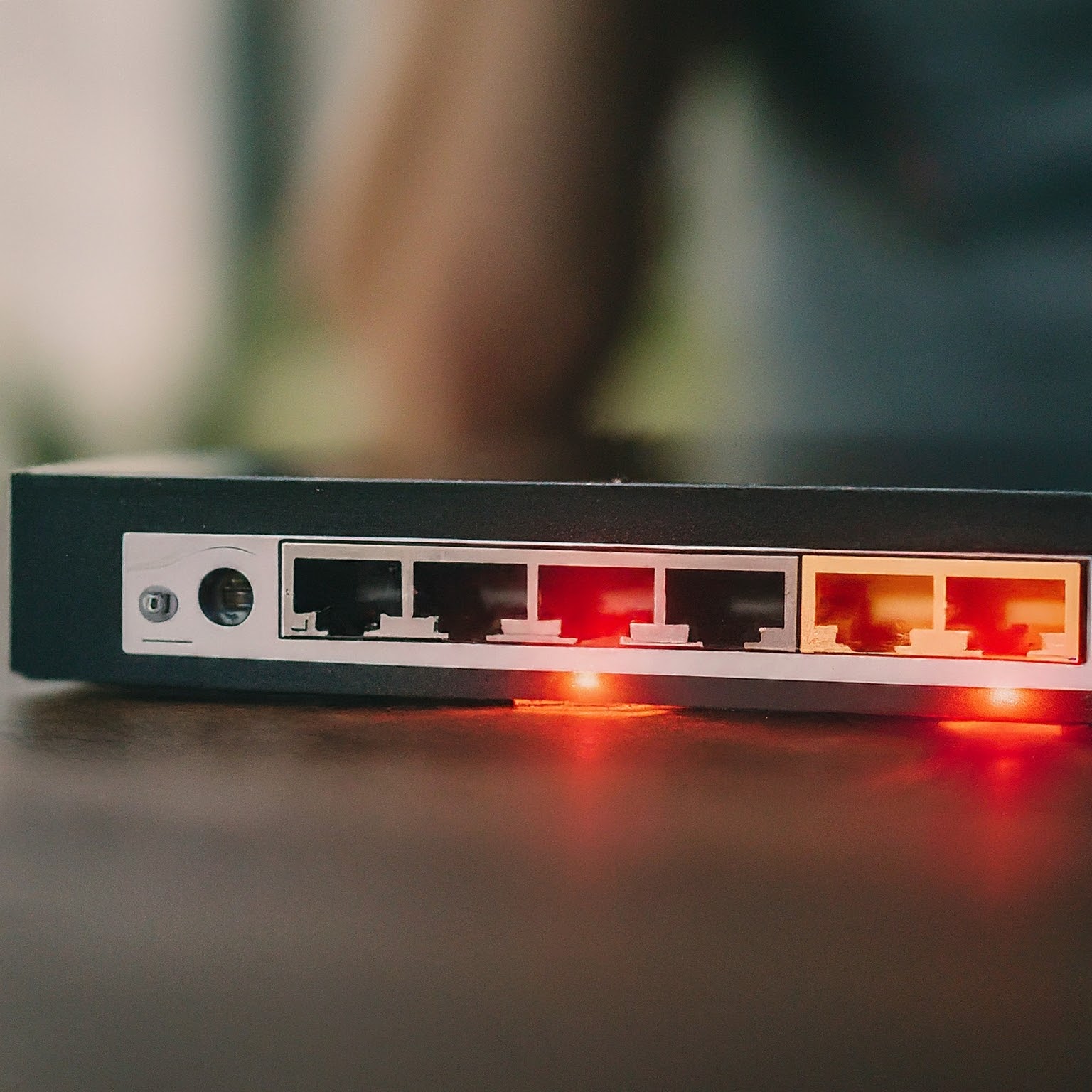In our increasingly interconnected world, the question “is the internet down?” can evoke a sense of panic and frustration. Whether you’re working from home, streaming your favorite show, or simply trying to stay connected with loved ones, a sudden internet outage can disrupt your life in countless ways. But fear not, for this exclusive article will delve into the world of internet outages, equipping you with the knowledge and tools to navigate these frustrating situations and stay connected even when the digital world seems to be crumbling around you.

Understanding Internet Outages
Before we dive into the specifics of troubleshooting and dealing with internet outages, it’s important to understand what causes them and the different types of outages you might encounter.
Causes of Internet Outages
Internet outages can occur due to a variety of reasons, including:
- Network Congestion: During peak usage times, when many people in your area are using the internet simultaneously, the network can become overloaded, leading to slower speeds or even complete outages.
- Equipment Failure: Malfunctions in your modem, router, or other network equipment can cause disruptions in your internet service.
- Weather-Related Issues: Severe weather conditions like storms, hurricanes, or heavy snowfall can damage infrastructure and cause widespread outages.
- Planned Maintenance: Internet service providers (ISPs) sometimes need to perform scheduled maintenance on their networks, which can result in temporary outages.
- Cyberattacks: Distributed Denial of Service (DDoS) attacks or other malicious cyberattacks can overwhelm servers and disrupt internet connectivity.
- Human Error: Accidental damage to cables or misconfigurations during network upgrades can also lead to outages.
Types of Internet Outages
- Local Outages: These outages affect a specific area or neighborhood, usually due to localized issues like equipment failure or cable damage.
- Regional Outages: These outages affect a larger geographical area, often caused by weather-related events or problems with major network infrastructure.
- National Outages: These rare but significant outages affect internet connectivity across an entire country, typically caused by major cyberattacks or widespread infrastructure failures.
Troubleshooting: Is the Internet Down for Everyone or Just Me?
When you experience an internet outage, the first step is to determine whether it’s a localized issue or a broader outage affecting others in your area. Here are some ways to troubleshoot:
- Check Other Devices: See if other devices connected to your Wi-Fi network, such as smartphones, tablets, or smart TVs, are also experiencing connectivity issues. If they are, it’s more likely that the problem lies with your internet service rather than a specific device.
- Restart Your Modem and Router: Sometimes, a simple reboot of your modem and router can resolve connectivity problems. Unplug both devices, wait for about 30 seconds, and then plug them back in. Allow a few minutes for the devices to restart and establish a connection.
- Check the Lights on Your Modem and Router: The lights on your modem and router can provide clues about the status of your connection. Refer to your ISP’s documentation or website to understand the meaning of different light patterns.
- Use Online Outage Checkers: Several websites and apps, like Downdetector, Outage.Report, and IsItDownRightNow?, aggregate user reports and provide real-time information about internet outages across various providers and regions. Check these websites to see if others in your area are reporting similar issues.
- Contact Your ISP: If you’ve tried the above steps and are still experiencing problems, contact your ISP’s customer support. They can help diagnose the issue and provide an estimated time for resolution.
Dealing with Internet Outages: Staying Connected
While waiting for your internet service to be restored, there are several things you can do to stay connected and productive:
- Use Your Mobile Data: If you have a smartphone with a data plan, you can use it as a temporary hotspot to connect your laptop or other devices to the internet.
- Find Public Wi-Fi: Many coffee shops, libraries, and other public places offer free Wi-Fi. You can use these hotspots to access the internet while your home connection is down.
- Tether Your Phone to Your Computer: If you have a USB cable and your phone supports tethering, you can connect your phone to your computer and use its data connection to access the internet.
- Be Prepared: If you rely heavily on the internet for work or other essential activities, consider investing in a backup internet solution, such as a mobile hotspot or a satellite internet connection.
Preventing Future Outages: Proactive Measures
While you can’t control all the factors that can cause internet outages, there are some steps you can take to minimize their impact and prevent future disruptions:
- Invest in Quality Equipment: A reliable modem and router can help ensure a stable internet connection and reduce the likelihood of equipment-related outages.
- Protect Your Equipment from Power Surges: Power surges can damage your modem and router, leading to connectivity issues. Use surge protectors to safeguard your equipment.
- Keep Your Equipment Updated: Regularly update your modem and router’s firmware to ensure optimal performance and security.
- Secure Your Wi-Fi Network: Use a strong password and encryption to protect your Wi-Fi network from unauthorized access, which can lead to slowdowns and potential security risks.
- Choose a Reliable ISP: Research different ISPs in your area and choose one with a good reputation for reliability and customer service.
The Future of Internet Connectivity
As our reliance on the internet continues to grow, so does the need for more resilient and reliable connectivity. Several emerging technologies and trends are poised to shape the future of internet access and minimize the frequency and impact of outages.
- 5G and Beyond: The rollout of 5G networks and the development of even faster 6G technology promise to deliver significantly faster speeds and lower latency, enhancing the overall internet experience and reducing the likelihood of congestion-related outages.
- Mesh Wi-Fi Systems: Mesh Wi-Fi systems, which utilize multiple access points to create a seamless and robust network, can help eliminate dead zones and improve connectivity throughout your home or office.
- Satellite Internet: Satellite internet, which beams internet signals directly to your location from space, can provide connectivity in remote or underserved areas where traditional broadband infrastructure is lacking.
- Fiber Optic Expansion: The continued expansion of fiber optic networks, which offer unparalleled speed and reliability, will further enhance internet connectivity and reduce the frequency of outages.

Conclusion
In today’s digital age, the question “is the internet down?” is one that we all dread. Internet outages can be frustrating and disruptive, but by understanding their causes, staying informed about potential outages, and taking proactive measures to prepare for and mitigate their impact, you can minimize their disruption to your life.